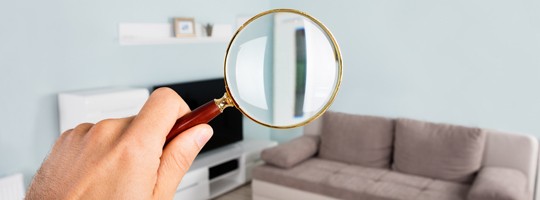Part 5 – Ongoing Investment Property Costs
As a landlord, you will be expected to pay for a range of expenses associated with owning and maintaining your property. Some of the regular costs you may expect include:
- Accountant’s fees
- Bank charges
- Body corporate fee
- Strata levies
- Book-keeping costs
- Council and water rates
- Insurances
- Lease expenses – including legal fees for drafting leases
- Land tax (Refer to your state government website in our links)
- Letting and re-letting costs
- Management fees paid to real estate agents
- Maintenance
- Mortgage interest / principal reduction
- Repairs / upkeep
- Tenant advertising costs
- Cleaning costs
While this list may seem extensive, it’s worth remembering that these expenses may typically be claimed as a tax deduction if the property is rented out (or available for rent). For investors on the highest personal rate of tax this may have the effect of virtually halving the costs involved (take a look at “The appeal of negative gearing” to see how this works).
There is also a range of non-cash expenses that property investors may be able to claim. Landlords may be able to claim up to 12% annually on the cost of depreciable assets like fixtures and fittings, and also in many cases may be able to claim 2.5% of the building cost (not the value) of residential properties built on or after 18 July 1985. Depreciation may also be claimed on the cost of improvements made after 26 February 1992 to older properties.
- Assured’s guide to property investing
- Part 1 - Why Invest in Property?
- Part 2 - Traps and Risks
- Part 3 - Buying Residential Property
- Part 4 - Property Investment Income
- Part 5 - Ongoing Costs
- Part 6 - Managing Your Investment Property
- Part 7 - Residential Mortgage Options
- Part 8 - Investment Glossary
- Part 9 - Useful links
If you’d like to talk to one of our experienced home loan consultants to assess what your investment home loan options are,


